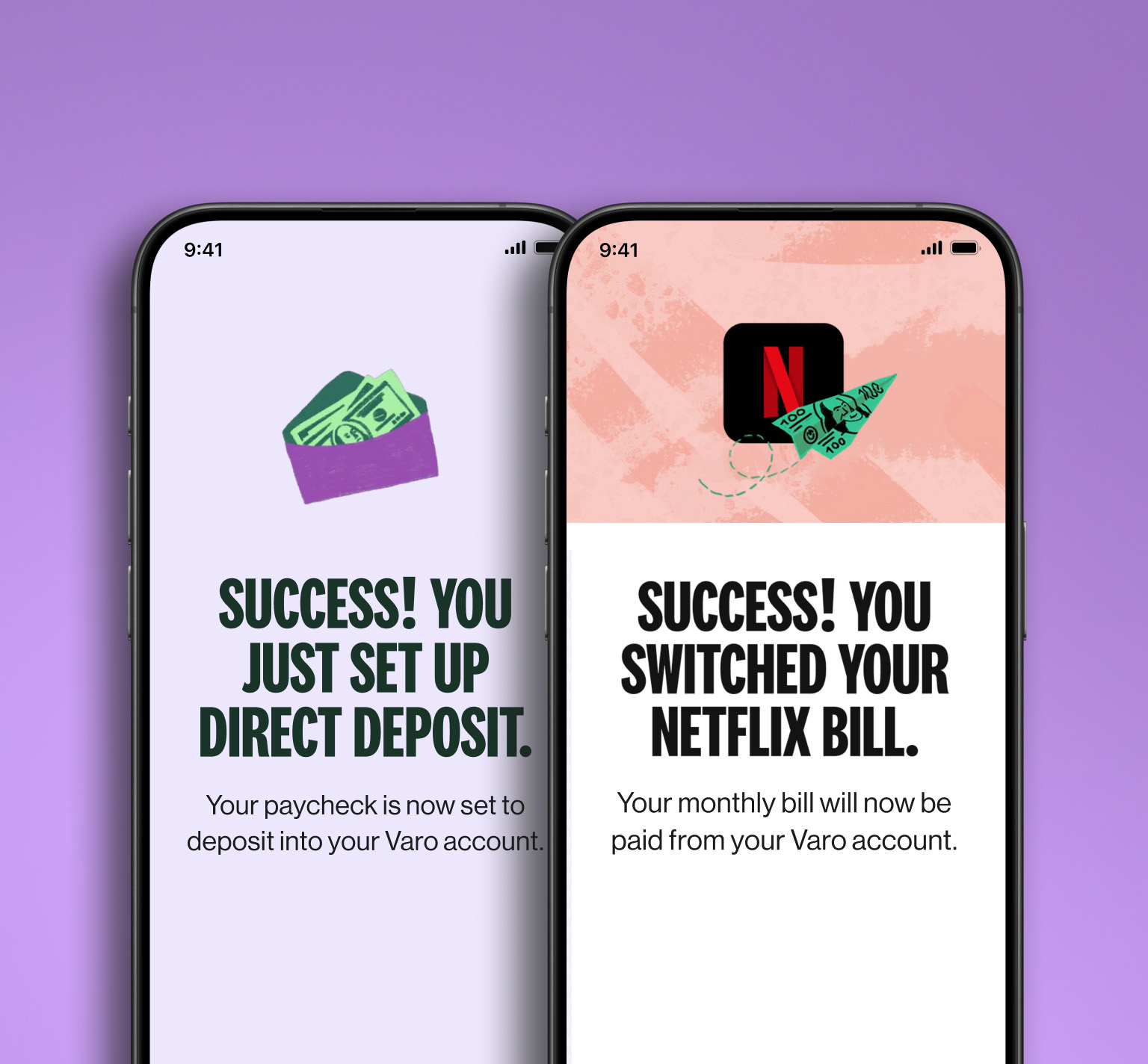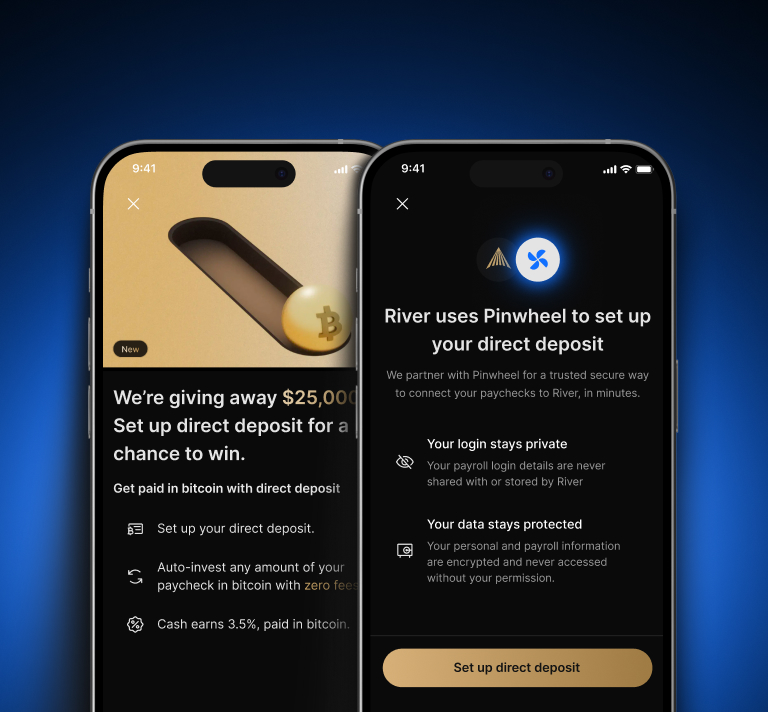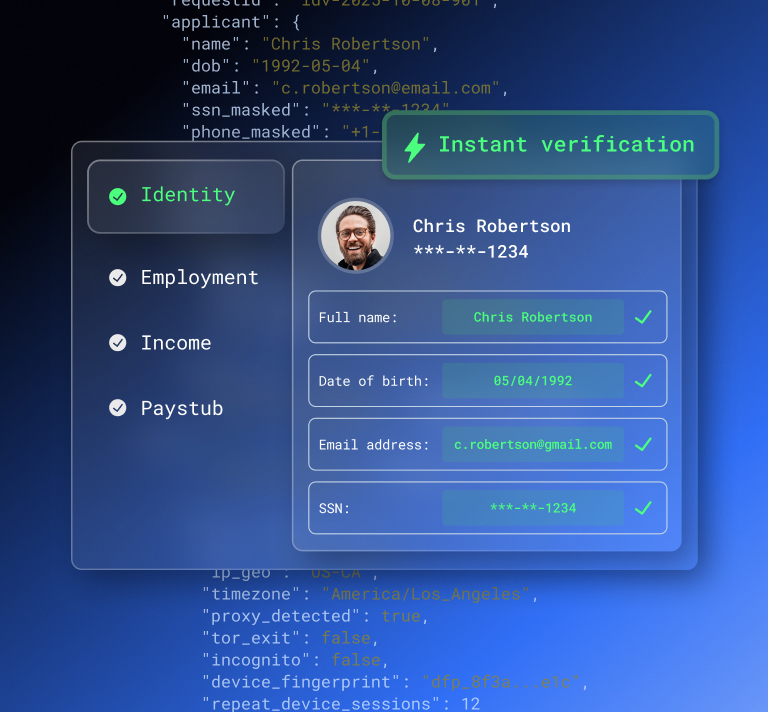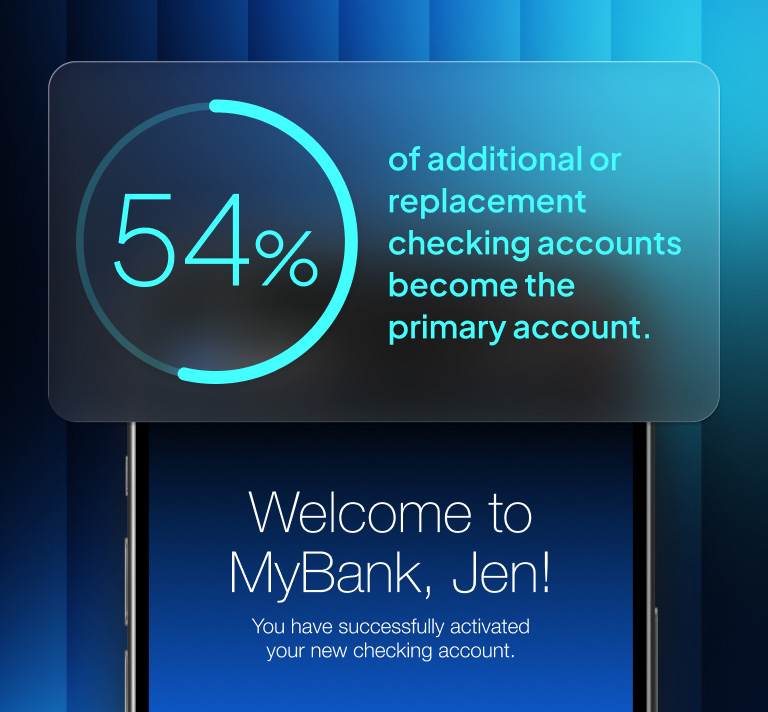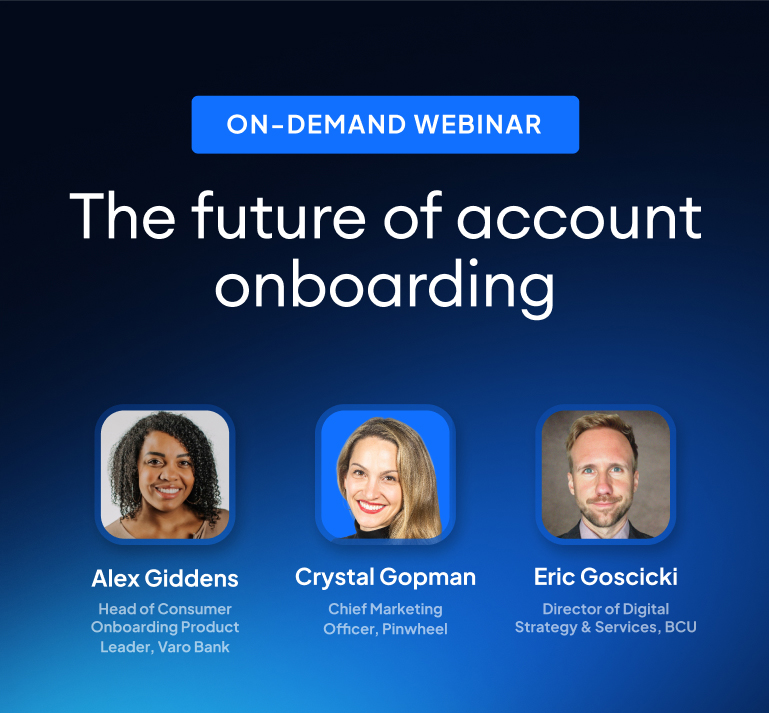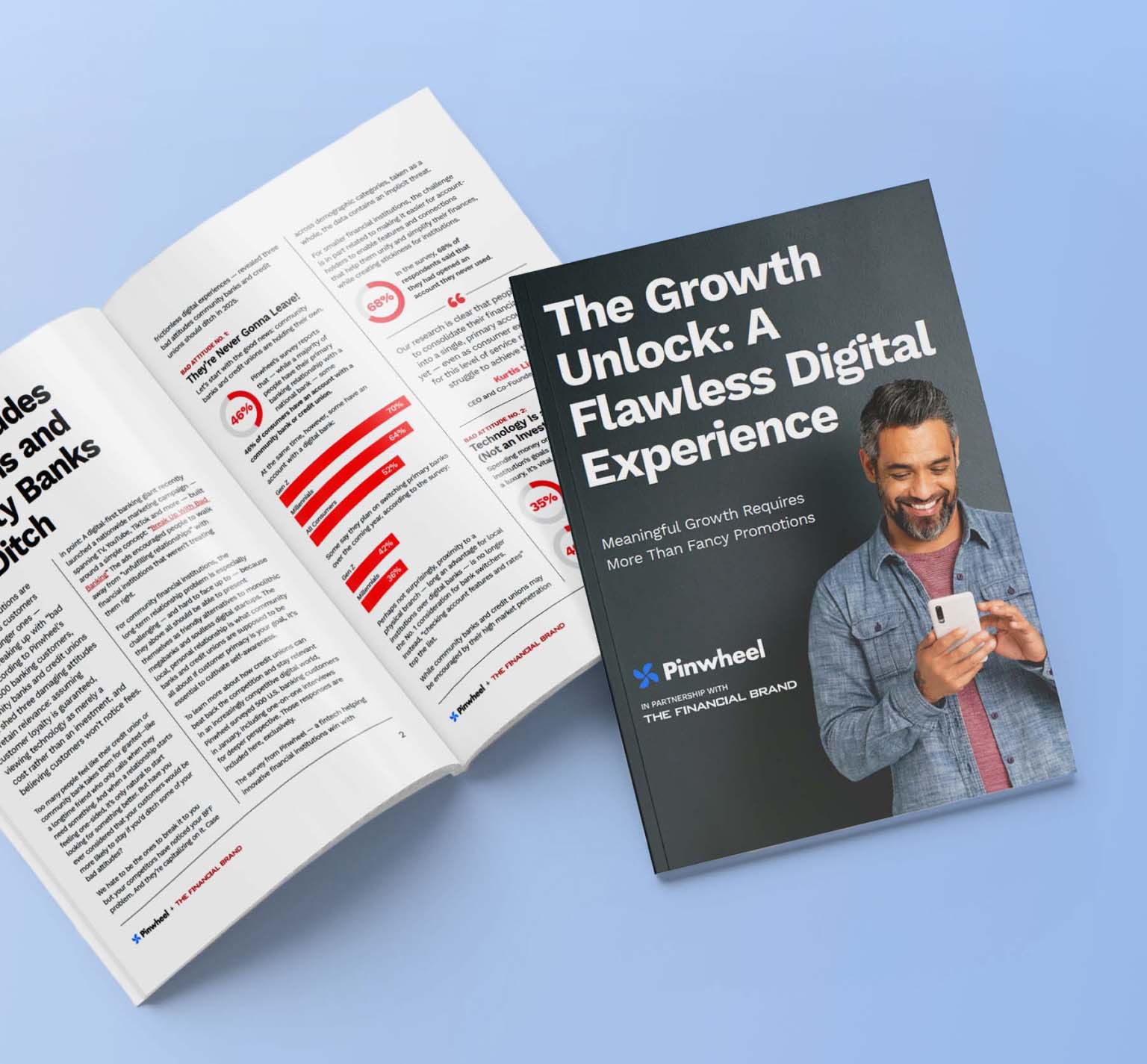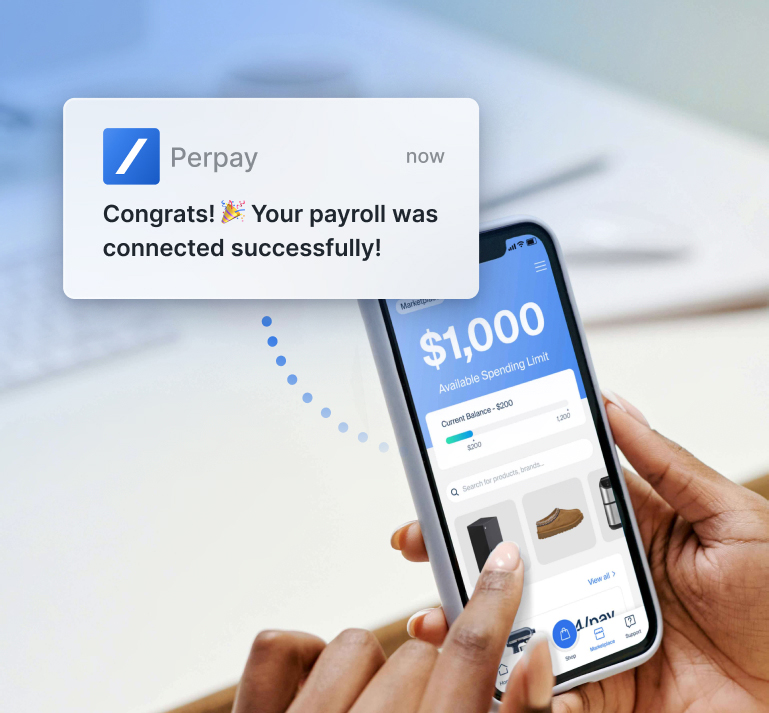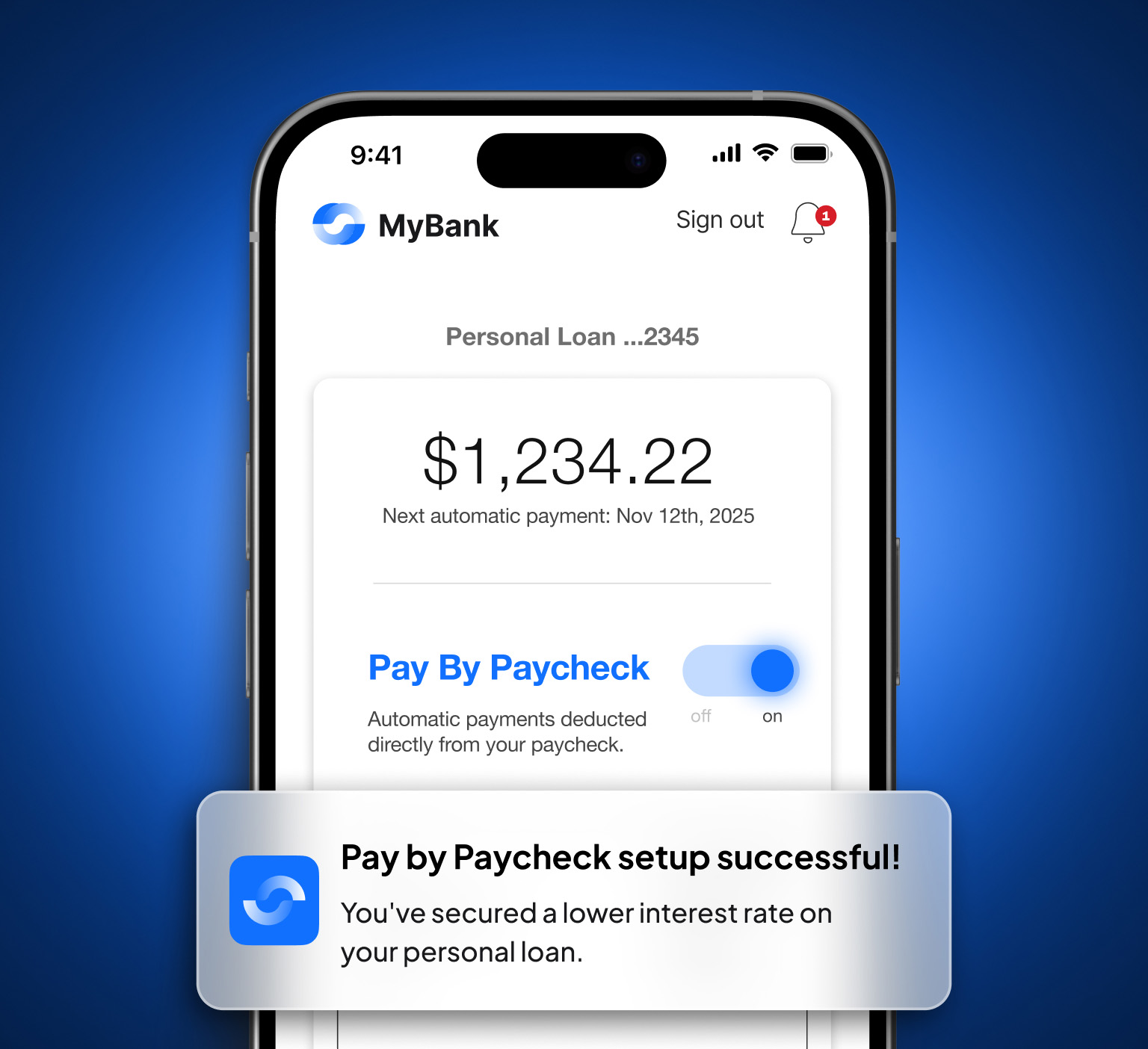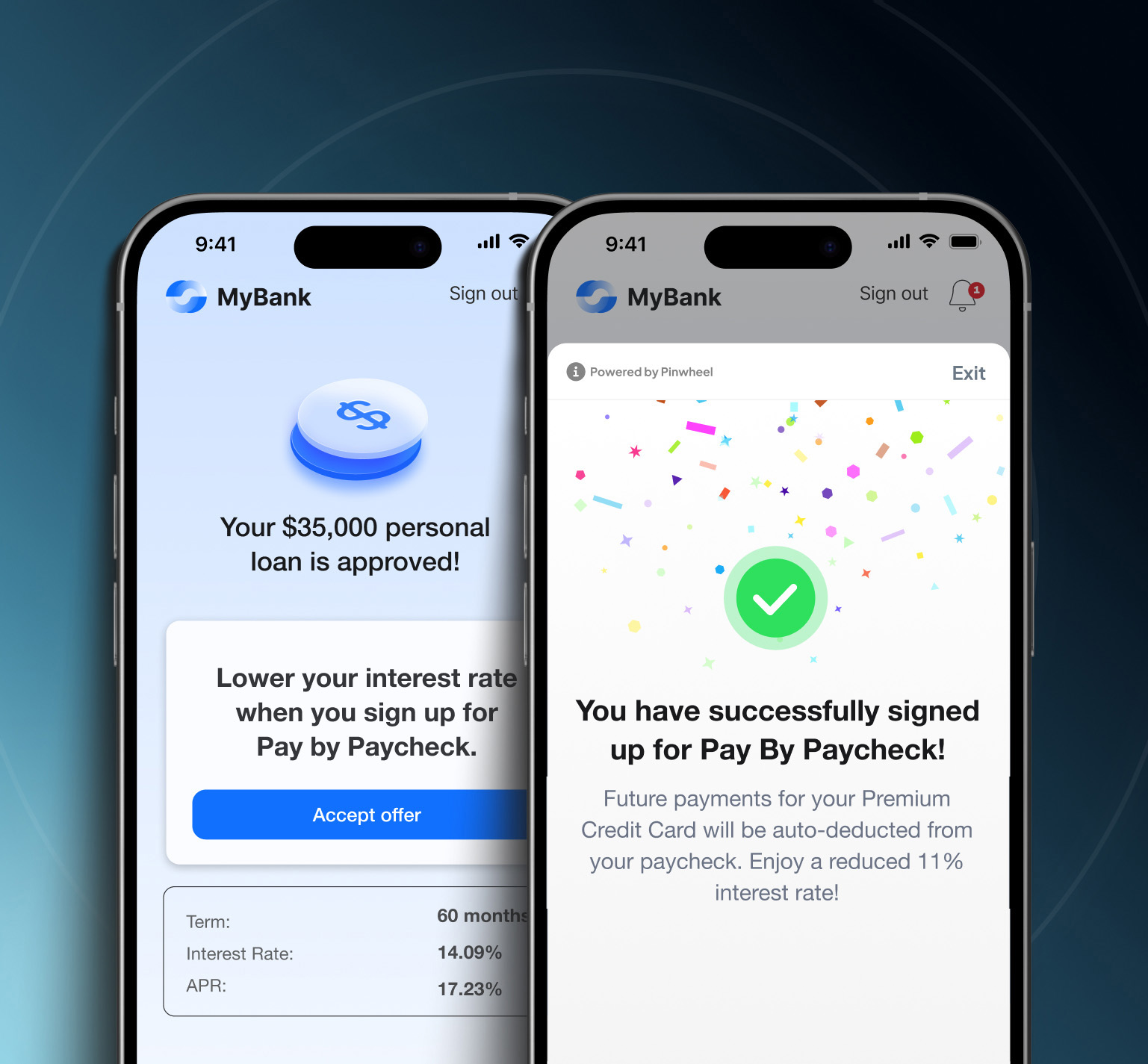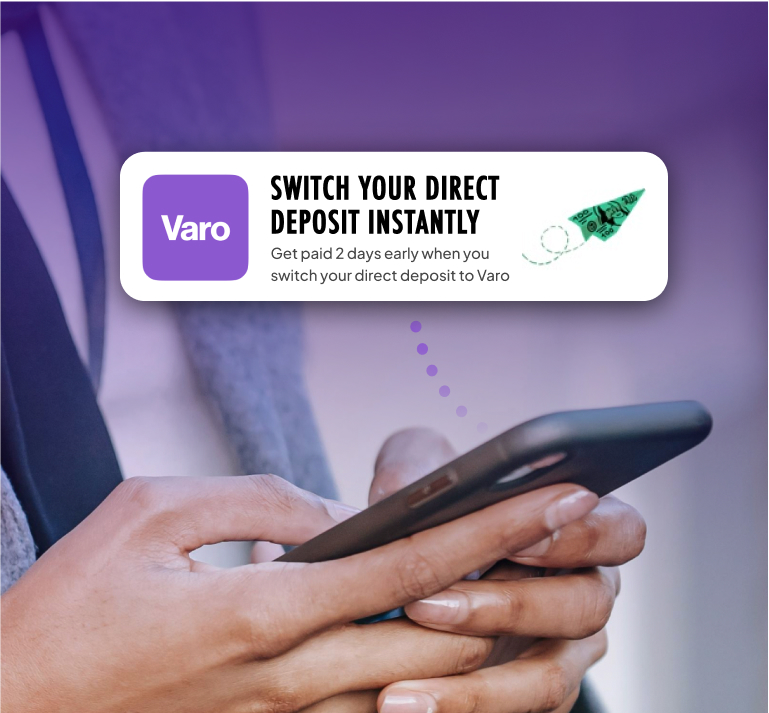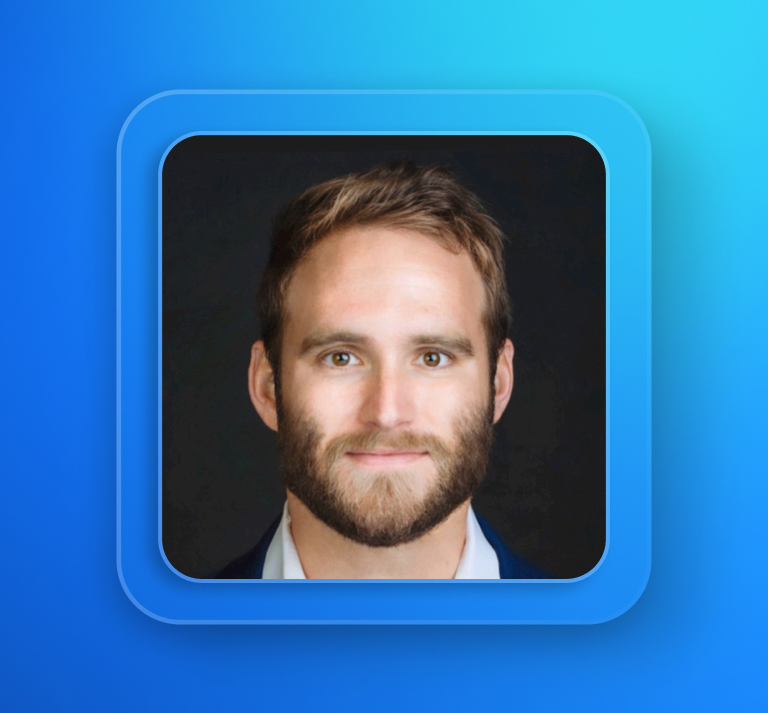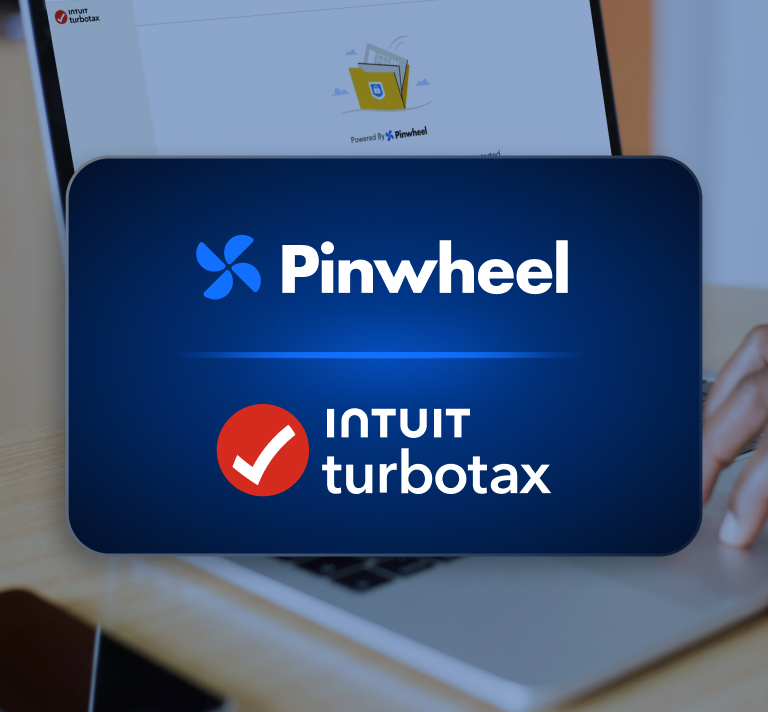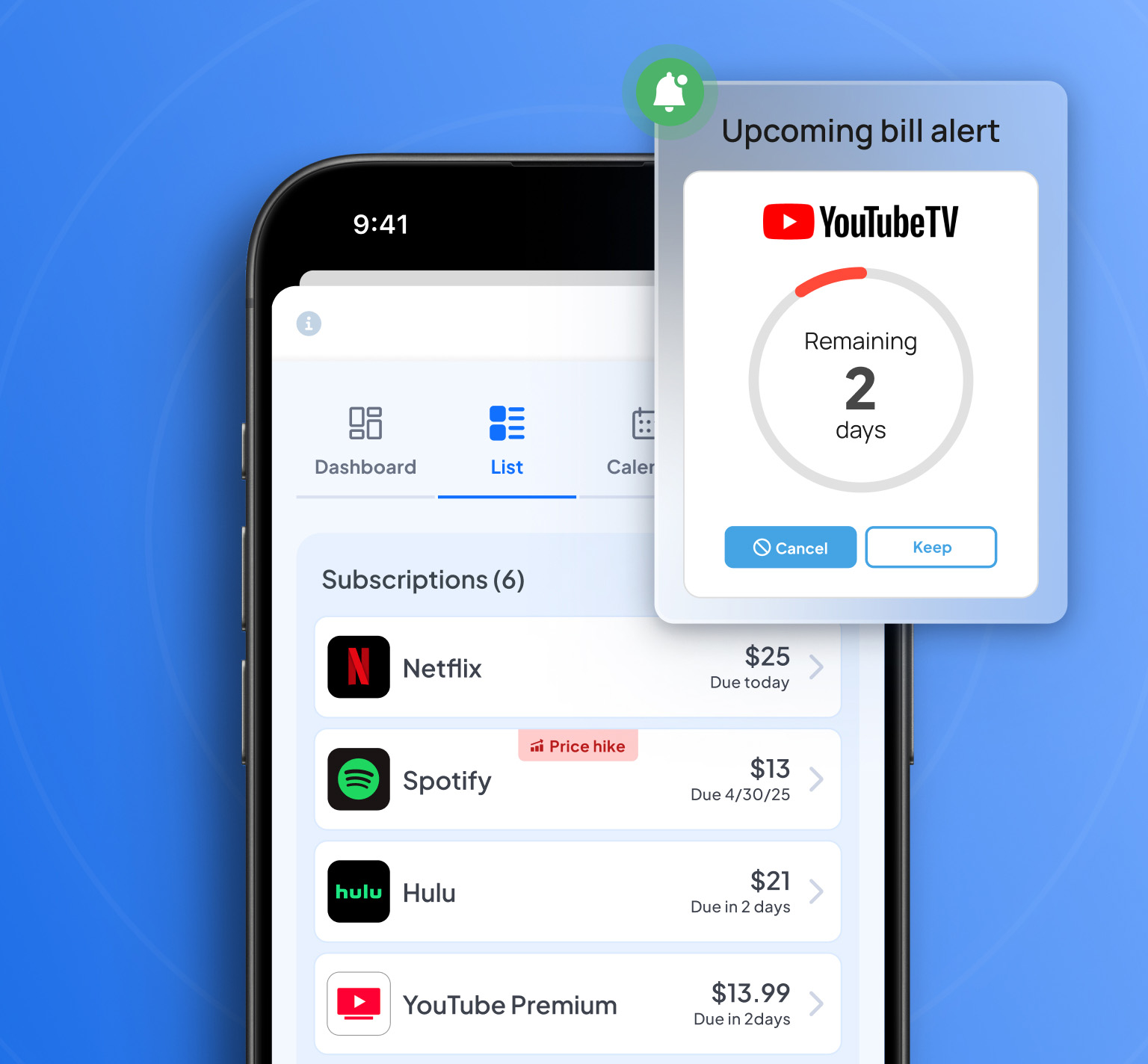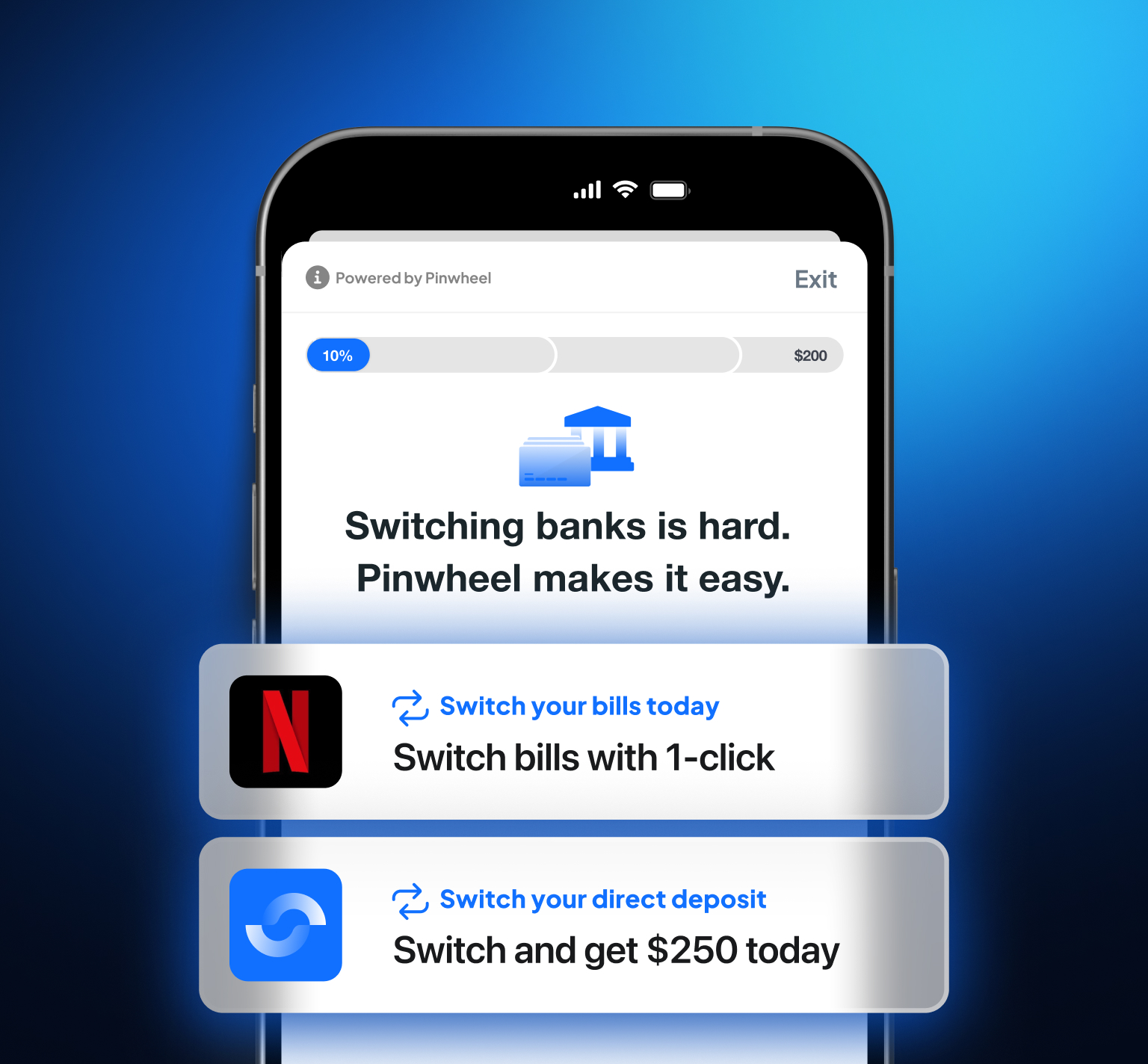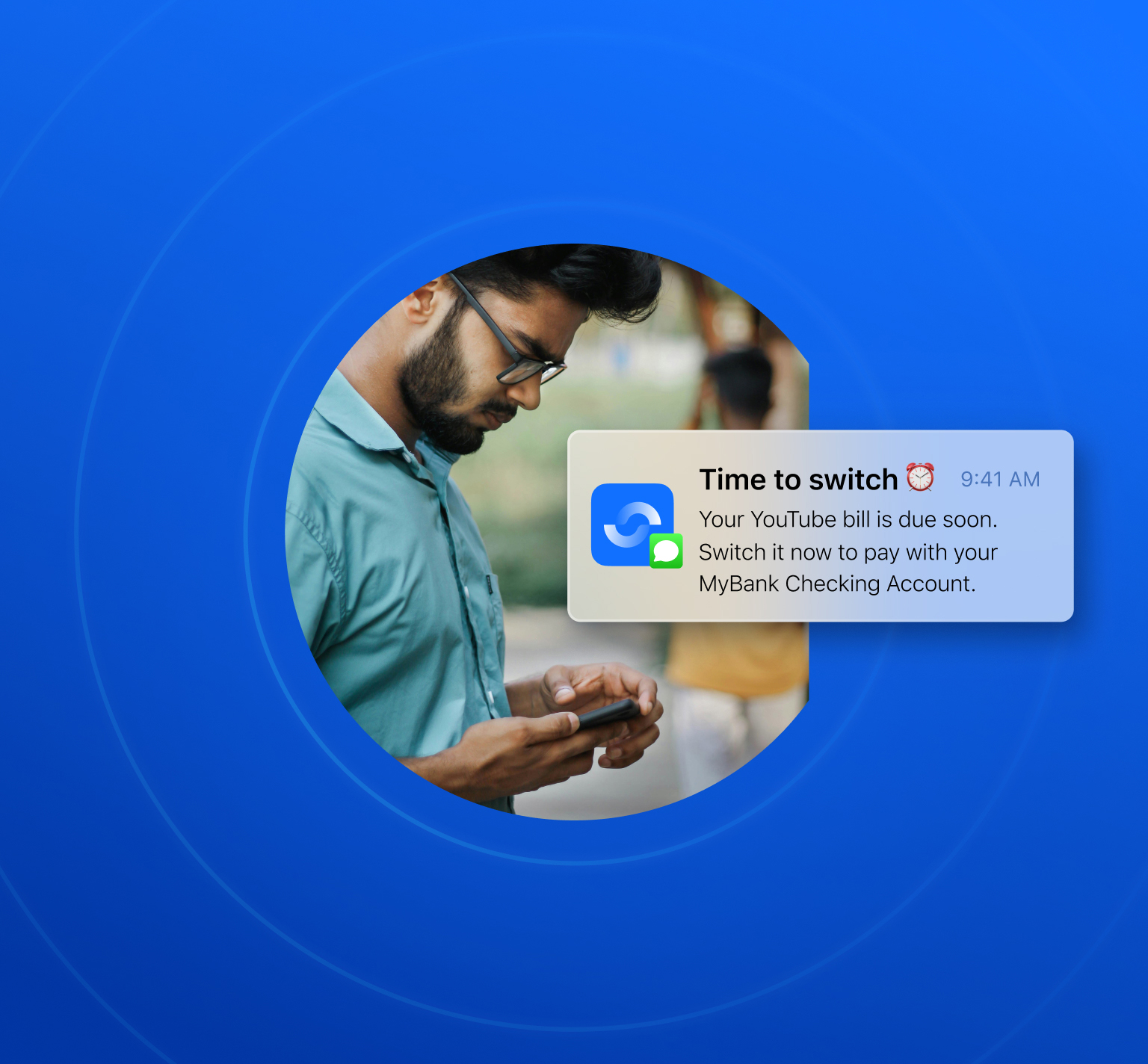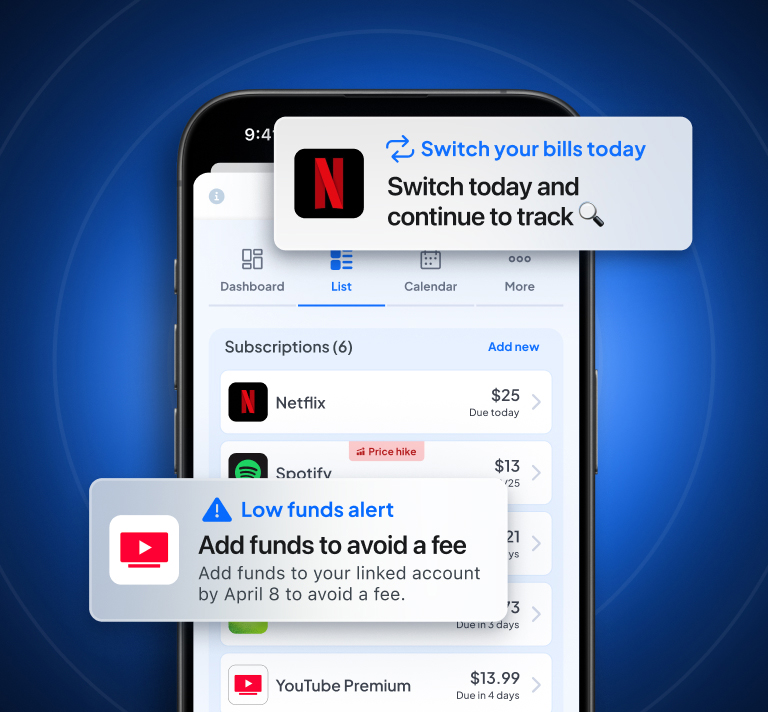In our latest Pinwheeler Spotlight, Phil Jen, Director of Product, talks about his journey to Pinwheel, his perspective on Product Management, and how he spends his spare time (mostly on two wheels or upside down).
What does your job entail and what are some of your key objectives right now?
I think PMs exist ultimately to enable their team to make better decisions. While the day to day changes from company to company, I’m spending most of my time at Pinwheel helping teams work better together, collaborating with Commercial and Engineering to build better products that solve problems for our customers. Our primary objective right now is to grow -- and that translates to signing on more customers, processing jobs, and delivering value to them and their users.
What drew you to product management?
I’ve been in product for almost 10 years now and I feel like I kind of got my start before the discipline had really been formalized. My first real job out of college was at Zynga, working on Facebook games with Curtis and Anish. I got my start in Analytics, and I did a lot of reporting, experiment design, dashboards, and things like that. While I enjoyed the work, I found that I didn’t have the agency to close the loop. I could do the analysis and make the recommendation, but I didn’t have the engineering resources to execute on things that I thought were important. My mentor and manager at the time recognized this and encouraged me to explore Product Management. Secretly, I think he just wanted me to do 2 jobs. At the end of the day, I found that being a PM provided both agency, and accountability as well. Having skin in the game keeps me motivated and pushes me to better myself such that I don’t let the amazing team that I work with down.
What do you think makes a good PM? What do you look for in colleagues and as you hire?
Hahah, I’m hoping that my answer isn’t dissatisfactory, but it honestly depends...on the company, product, team makeup, etc. Just like product-market fit is so important for startups, team fit is critical for PMs given how their output is ultimately the output of the people that they work with. There are a few common denominators though. Assuming that they have the product sense and execution chops, I think grit - the ability to do what is necessary to achieve the desired outcome, and curiosity - the desire to get to the ground truth or “right” answer really set exceptional PMs apart from the rest. Building products is a messy process with a lot of setbacks and deadends, and being able to help a team navigate this is paramount. Okay, I take it back -- I guess it doesn’t really depend.
What’s the most gratifying part of working in product?
The most gratifying part of my job is to see my coworkers be successful, whether it be by the team hitting its objectives, or individuals learning something new or achieving personal goals. I really enjoy the chance to contribute to this in any way possible. Sometimes it’s providing input or guidance. Most of the time it’s just getting the right people together at the right time and letting them work their magic. Watching my coworkers run with an idea and come back with something way better than I could have ever imagined myself always blows me away. I guess to summarize that, I really enjoy the collaborative nature of my job and I enjoy seeing people operate at their best selves.
You’ve moved back and forth from startups (Luxe, Pinwheel) to established companies (Zynga, Airbnb), and then back again. What drove those decisions? Why did you choose to come back to startups?
I’ve been fortunate in my career to have had the opportunity to work at so many amazing companies. Each change was generally driven by a desire to learn something new -- the products I’ve worked on span multiple domains and each has come with its own set of challenges and lessons. There’s been a lot of value for me in working at companies both big and small. They definitely develop different skillsets, and the great thing is the learnings are transferable across.
However, my choice to come back to a startup was largely because of the relationships I built. In a startup, you get the chance to work cross-functionally across a lot of disciplines, and the general lack of resources allows for more overlap, and the opportunity for you to go deeper in a broader set of areas. Some of my most cherished friendships were formed at Luxe, and many of them continue to this day (looking at you, Kurt and Curtis). The other thing that I love is that startups force the team to be singularly focused on one thing -- and that’s survival. Viewing things through this lens really helps cut away the BS, and in my opinion provides a clearer picture of how things and people really are.
What sets Pinwheel apart from other places you’ve worked?
I’ve been at places where people treat their job as a set of tasks that they need to complete and they don’t always take into consideration how their work is going to impact the customer, or how its larger purpose is going to be realized. While the people here care about their work, I think they care about how our customers are actually going to use it, and how it actually solves the problem that we set out to fix. Pinwheel has done an amazing job of assembling a group of people that are mission-driven. This is kind of a trite saying, but I’ve seen this attitude manifest in everyday interactions. Engineers will hop on bugs immediately when they get posted in our customer success Slack channels, and people are always asking how the deals are going, how the implementations are going, and how we can better serve our customers and their users. No job is beneath anyone here, and the care that people show extends past their specific function.
What do you like to do when you aren't working?
If I’m not working, I am either on two wheels or upside down. I’ve recently gotten more serious about cycling and have been training hand-balancing pretty consistently for the last two years. And I also have two dogs that annoy me, and get annoyed by me in return.
How’d you get into hand balancing?
One day I just decided that I wanted to learn how to do a handstand, and the goal was to hold one for a minute, free-standing. It took me about a year and a half to get to that point, and when I finally achieved it, it was so anticlimactic. When I thought about it, I realized that the process of getting there was more enjoyable than achieving any specific milestone, so I just kept at it. There are so many different shapes and transitions, so it’s really a never-ending journey. I think there are a lot of parallel lessons that can be applied from hand-balancing to life and work, but that’s a conversation for another day.


.svg)
.svg)




